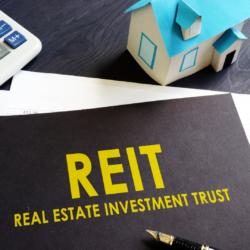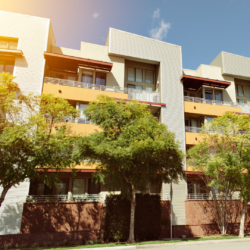The Different Types of Real Estate Investment Trusts (REITs)
The Different Types of Real Estate Investment Trusts (REITs) Real Estate Investment Trusts, or REITs, are a type of investment vehicle that allows investors to put their money into real estate without actually having to buy, manage or finance properties themselves. Essentially, a REIT is a company that owns or operates income-generating real estate properties Read more about The Different Types of Real Estate Investment Trusts (REITs)[…]










